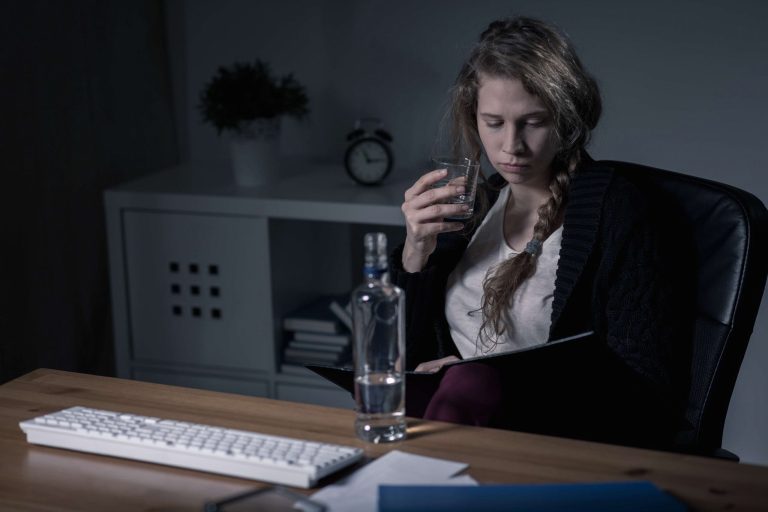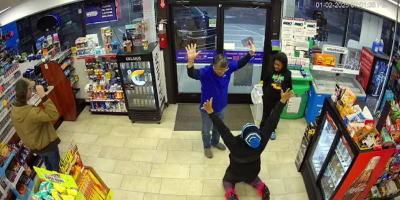She is a sought-after speaker, presenting at national and international conferences on substance use disorders, co-occurring mental health conditions, and high-risk sexual behaviors. In the end, interactive group therapy isn’t just about keeping people engaged during sessions. It’s about equipping individuals with the tools, confidence, and support network they need to navigate the challenges of recovery long after they leave the group room. Armed with guided prompts, participants take turns activities for recovery groups sharing snippets of their journey.

Family Services

Every two weeks our clients engage in “group phase therapy” in which each individual reports on which phase Alcoholics Anonymous they think they’re currently working on in their personal recovery journey. The rest of the group comments on the accuracy of their assessment and gives advice. Participants in substance abuse groups may have histories of trauma that can be triggered during discussions. Facilitators should be prepared to manage potential crises by having trauma-informed strategies in place. While building a positive future is crucial, it’s equally important to prepare for the challenges that inevitably arise in recovery.
Printable Activities for Self-Awareness and Mindfulness
- If you feel that any of our content is inaccurate, out-of-date, or otherwise questionable, please contact at
- Below are issues facilitators should consider during group activities for substance abuse recovery.
- These ten group activities provide structured, practical opportunities for participants to develop coping skills, build community, and express themselves meaningfully.
- Groups teach coping tools, add peer accountability, and reinforce healthy choices.
Setting personal goals gives members a clear direction in their recovery journey. This activity helps members define short-term and long-term goals, creating actionable steps to achieve them. Triggers are specific situations, emotions, or people that can prompt substance use. This activity encourages members to identify their unique triggers and brainstorm effective strategies for managing or avoiding these situations. Thought-Trigger-Action drills, brief mindfulness, and a simple movement block are strong starters. Add a check-in circle for honesty and a weekly accountability round so plans turn into action.

Relapse Prevention Scavenger Hunt: Learn Skills Through Movement
Group therapy is an essential part of addiction recovery, providing a safe space for individuals to share their experiences, gain support from peers, and develop healthier coping strategies. While traditional talk therapy plays a vital role, experiential activities for group therapy offer a dynamic way to engage participants on a deeper, emotional level. These hands-on exercises help individuals explore their feelings, build trust, and gain insight into their recovery journey. Group therapy can focus on various issues, such as anxiety, depression, addiction, grief, or interpersonal difficulties. Substance abuse recovery is a challenging journey that benefits from a strong foundation of determination, support, and connection. These ten group activities provide structured, practical opportunities for participants to develop coping skills, build community, and express themselves meaningfully.
- It could be attending all therapy sessions, improving sleep habits, or practicing mindfulness.
- For example, if they enjoy creating art, they could consider participating in a local art workshop.
- Community plays a crucial role in addiction recovery by providing emotional support, accountability, and a sense of belonging.
- Pass out pieces of paper with drawings of a large bottle on them, with two lines drawn across the bottle to create three different layers inside.
Positive Printable Recovery Games and Activities
You’ll find practical ideas to reduce isolation, build coping skills, https://cartinogelatin.co.th/10-ideas-to-help-you-give-up-alcohol-arista/ and foster mutual support. CBT activities are solution-focused exercises and techniques that aim to improve mental health and substance abuse treatment outcomes in a fun and engaging way. In recovery, trust is often something that needs to be rebuilt—both with oneself and with others. Trust-building exercises, such as trust falls or group problem-solving tasks, are effective experiential therapy activities that promote connection and reliance on others.






Leave a Reply